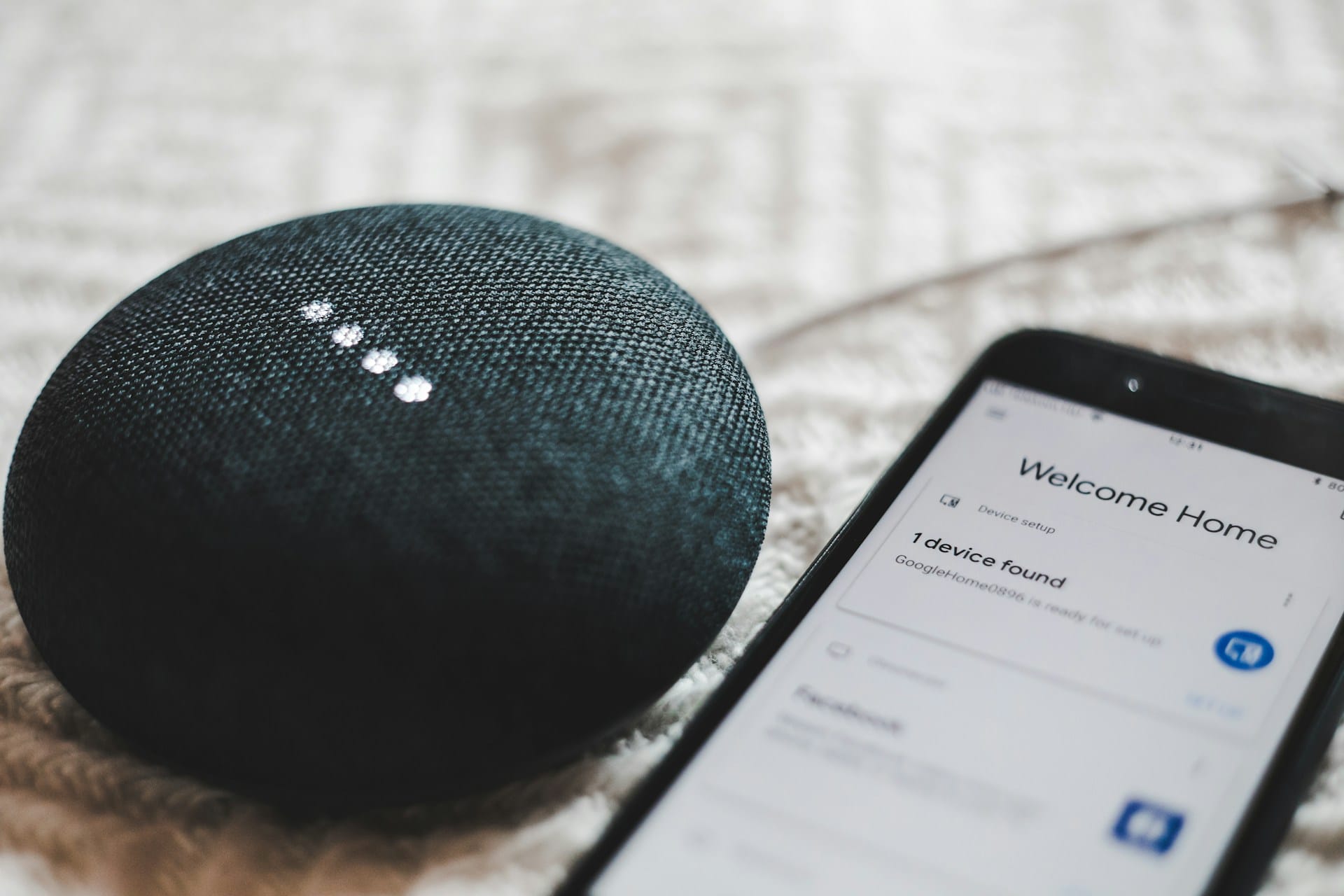Boosting Property Value With Smart Home Technology

In today’s digital age, smart home technology is no longer a luxury—it’s becoming a standard expectation for many buyers. From voice-activated assistants to automated lighting and security systems, smart home features have revolutionized how we live. But beyond convenience, these technologies can also have a significant impact on property value. Let’s explore how integrating smart home tech can increase the appeal and price of a residential property.
What is Smart Home Technology?
Smart home technology refers to devices and systems that allow homeowners to control various aspects of their home remotely or via automation. These systems often leverage Wi-Fi, Bluetooth, or other connectivity solutions to enable seamless operation. Popular categories of smart home technology include:
- Home Security Systems: Smart locks, cameras, and motion detectors.
- Energy Management: Smart thermostats, lighting systems, and solar panels.
- Entertainment: Voice-activated speakers, streaming devices, and multi-room audio systems.
- Convenience Features: Automated blinds, robotic vacuums, and smart kitchen appliances.
Why Does Smart Home Technology Boost Property Value?
- Increased Buyer Demand
Modern buyers, particularly millennials and Gen Z, are drawn to homes equipped with the latest technology. Features like smart thermostats or app-controlled security systems often make a property more appealing and easier to sell. - Enhanced Energy Efficiency
Many smart devices are designed to reduce energy consumption. Features like automated lighting and smart thermostats can lower utility bills, making the home more cost-effective and attractive to eco-conscious buyers. - Improved Security
Smart locks, video doorbells, and surveillance systems provide homeowners with peace of mind. Buyers are willing to pay more for homes with enhanced safety measures in place. - Convenience and Luxury
Smart home tech simplifies daily tasks, from turning on lights with voice commands to setting the perfect temperature before arriving home. These features create a modern, luxurious living experience that can justify higher asking prices. - Future-Proofing the Property
As technology evolves, having a foundation of smart home systems can make a property more adaptable to future advancements, increasing its long-term value.
Popular Smart Home Features That Buyers Want
- Smart Thermostats
Devices like Nest and Ecobee learn homeowner habits and adjust temperature settings automatically, saving energy and enhancing comfort. - Video Doorbells
Ring and similar products offer added security and convenience, allowing users to monitor and communicate with visitors remotely. - Smart Lighting Systems
These allow users to control brightness, color, and scheduling through apps or voice assistants, enhancing ambiance and energy savings. - Home Assistants
Voice-controlled devices like Amazon Alexa or Google Assistant integrate with various smart systems, creating a centralized hub for controlling the home. - Automated Blinds and Curtains
These offer privacy, energy efficiency, and style, all with the touch of a button or a voice command.
How to Add Smart Home Technology Without Over-Spending
1. Start with the Basics
If you’re upgrading a property for resale, focus on cost-effective but high-impact features like smart thermostats and video doorbells.
2. Prioritize Compatibility
Ensure that all devices are compatible with popular ecosystems like Amazon Alexa, Google Home, or Apple HomeKit. Buyers appreciate systems that are easy to integrate and expand.
3. Highlight Energy Savings
Invest in devices that emphasize energy efficiency, such as smart lighting and solar-powered systems. These features appeal to both budget-conscious and environmentally aware buyers.
4. Work with Professionals
Proper installation and integration are key. Partner with technology consultants or electricians who specialize in smart home solutions to ensure seamless operation.
Case Study: Real-World Impact on Property Value
A 2022 study by the National Association of Realtors (NAR) found that homes with smart features sold 5-10% faster and at higher prices compared to similar properties without them. For example, a $300,000 home equipped with a comprehensive smart home system was able to command an additional $15,000 in sale price—a testament to the value buyers place on these technologies.
Challenges to Consider
While the benefits are clear, there are a few challenges to keep in mind:
- Technology Obsolescence: Rapid advancements may render some systems outdated quickly. Opt for easily upgradeable solutions.
- Privacy Concerns: Buyers may worry about data security and potential hacking. Investing in secure systems can help alleviate these concerns.
- Upfront Costs: While smart technology can boost property value, the initial investment may be high. Carefully assess ROI before making upgrades.
Smart home technology is no longer just a trend—it’s an investment in your property’s future value. By incorporating devices that enhance security, efficiency, and convenience, you can attract more buyers, justify higher asking prices, and sell your property faster. Whether you’re upgrading your own home or preparing a property for the market, smart tech is a smart choice.
The future of real estate is digital, and those who embrace this evolution will stay ahead of the curve.